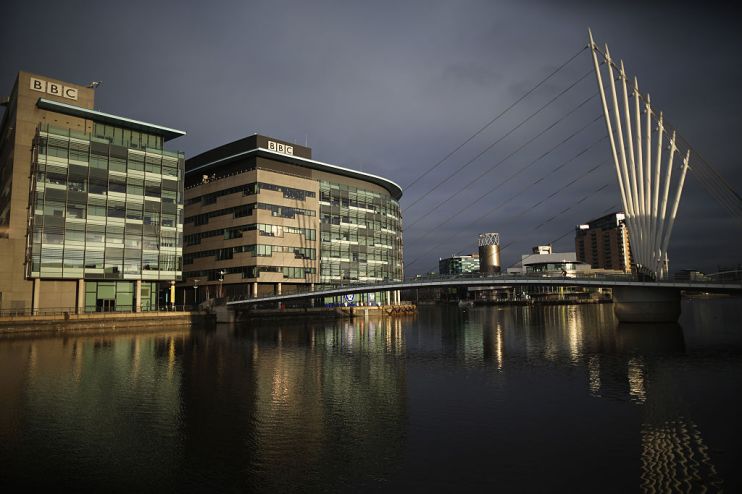BBC to shift news jobs out of London in bid to win over regions

The BBC will shift major parts of its news operation out of London as the broadcaster looks to stave off criticism of metropolitan bias.
A number of major programmes and scores of journalists will be relocated from the capital to regional bases across the country over the next six years.
“Our mission must be to deliver for the whole of the UK and ensure every household gets value from the BBC,” said director general Tim Davie.
“These plans will get us closer to audiences, create jobs and investment, and develop and nurture new talent.”
The corporation expects to spend £700m on the relocation project, which it said will generate an additional economic benefit of £850m.
As part of the plans, dubbed Across the UK, news and current affairs programmes such as Newsnight will be presented from different locations through the year.
Radio 4’s flagship Today programme will be co-presented from outside London for at least 100 episodes per year.
The plans form part of Davie’s pledge to “urgently reform” the public service broadcaster, which is facing pressure over its licence fee funding model and accusations of bias.
In a message to staff when he took over in September, the BBC boss said: “Overall my guiding principle is that we are a universal public service — a BBC for all, that serves and represents every part of this country.”
The latest plans will see the organisation shift its decision making away from W1A, with at least 60 per cent of its TV commissions by spend made outside the capital.
Half of the corporation’s radio and online audio spend will also be outside London by 2028, while more money will be pumped into regional drama and comedy TV series.
Meanwhile the BBC said it will make Salford the main base for its digital and technology teams, expand its commercial bases in Bristol, Cardiff and Glasgow and upgrade its Belfast headquarters.
It follows the decision by Channel 4 to move its national headquarters from Horseferry Road in Westminster to Leeds.
The move resulted in a swathe of new jobs opening up in the city after the majority of London-based staff refused to relocate from the capital.